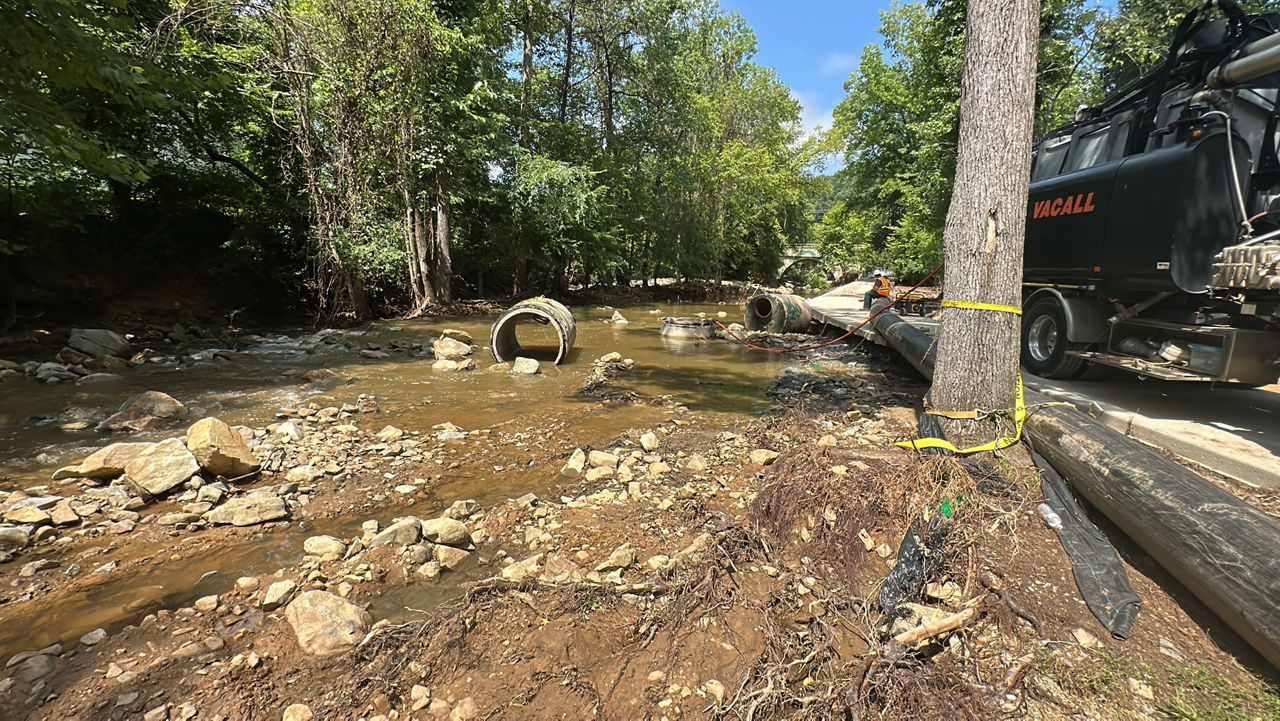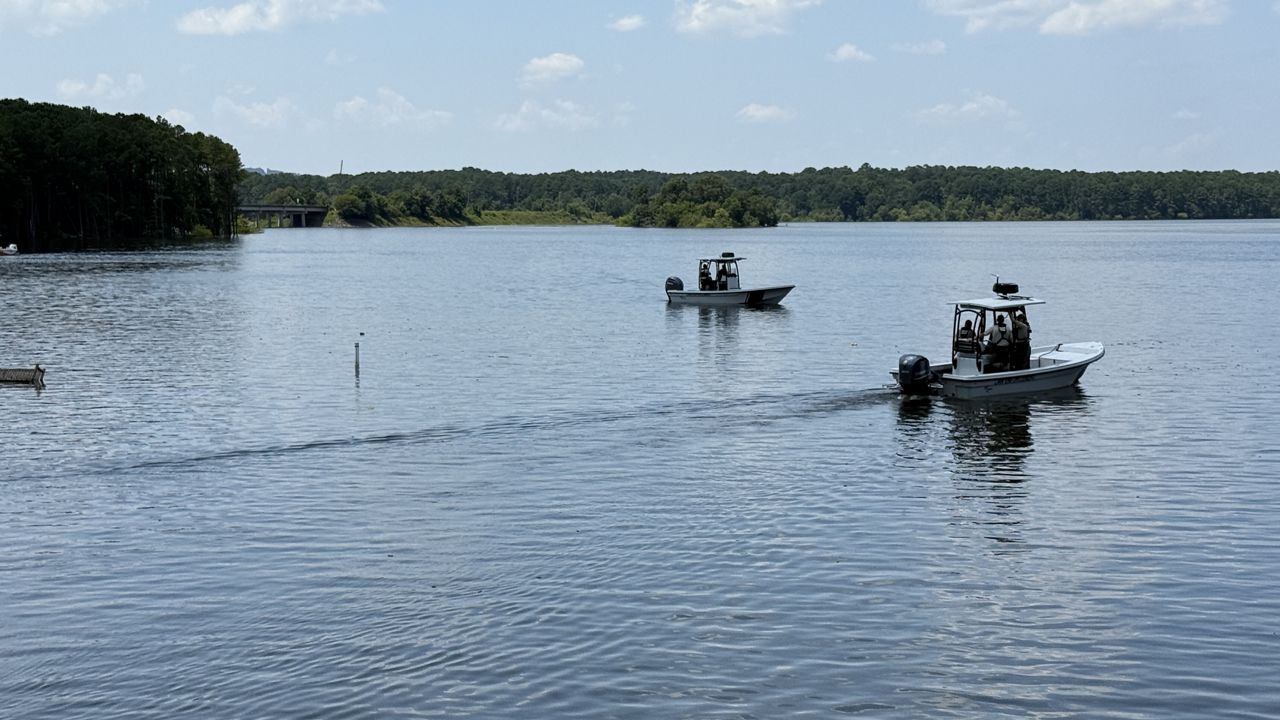RALEIGH, N.C. – The latest jobs report shows an unexpected rise in unemployment last month, with 187,000 new jobs being added to the U.S. economy. It comes as many companies are changing strategy for hiring and finding the right fit for the job.
Brandon Stevens, a hiring expert and CEO of Triangle-based Scoutr, predicts 2024 will be the year of "The Great Stay" as opposed to many people switching careers during the pandemic during the "Great Resignation."
According to the Department of Labor’s federal JOLTS report, about 50.5 million people quit their jobs in 2022 alone.
“I think things are stabilizing now. I think people are a little bit more cautious,” Stevens said. “And I think companies are very aware of this as well.”
Stevens says factors like new jobs, leaving the workforce altogether and remote work prospects helped fuel that trend.
Overall, Stevens says companies are moving to more of a skills-based model, with organizations creating a new, internal brand strategy to better fit some of the desires and trends employees are looking for in a career.
One method Scoutr uses to look at candidates differently is by using artificial intelligence.
“We use machine learning to do a little bit further in machine learning, natural language processing. Most people today recognize this as your Chat GPTs, so we use variations of NLP to show skills, transferability and correlations within the organization,” he said.
“It allows for the organization to have talent mobility, to be able to see across departments, to be able to look at each other very differently than they do in the current human resource systems,” Stevens said.
He recommends companies keep their people and avoid employee burnout by understanding team characteristics, skills, team culture and work styles, and he urges employers keep a dialogue with their workers.










